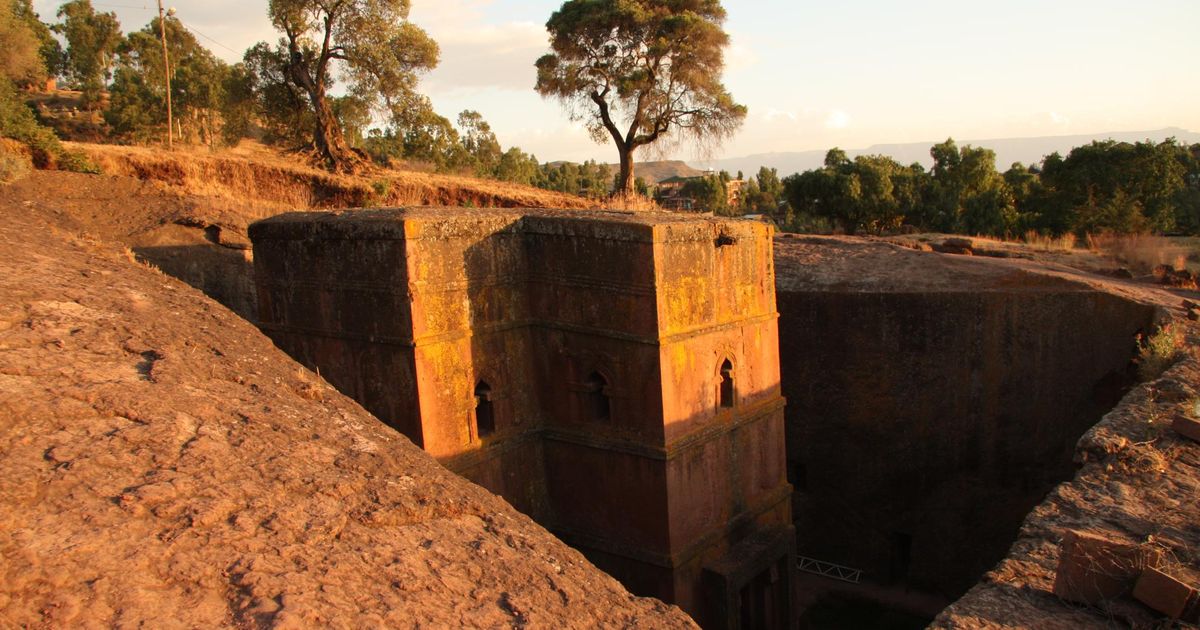
Forces from Ethiopia’s Tigray region have taken control of Lalibela, a Unesco world heritage site known for its churches carved out of rock in the 12th and 13th centuries. The seizure of Lalibela is the latest development in a bloody nine-month battle for the north Ethiopian state of Tigray, which borders Eritrea and Sudan. The conflict has killed thousands and displaced more than 1.7 million people who are now at risk of starvation.
Lalibela, located in the North Wollo Zone of the Amhara region in the north of the country, is a holy site for millions of Orthodox Christians. The deputy mayor of Lalibela, Mandefro Tadesse, told the BBC that the town was under the control of the Tigray People’s Liberation Front (TPLF), residents were fleeing and he was concerned about the safety of the historic churches.
“This is the world’s heritage, and we must cooperate to guarantee that this treasure is preserved,” Tadesse said. “They came in the afternoon [5 August], and there was not any fighting. There were no security forces around. The TPLF forces are in the town now,” a Lalibela resident told Agence-France Presse.
At the ancient site, there are 11 monolithic cave churches; according to Unesco, “their building is attributed to King Lalibela who set out to construct in the 12th century a ‘New Jerusalem’, after Muslim conquests halted Christian pilgrimages to the holy Land. Lalibela flourished after the decline of the Aksum Empire.”
View this post on Instagram












